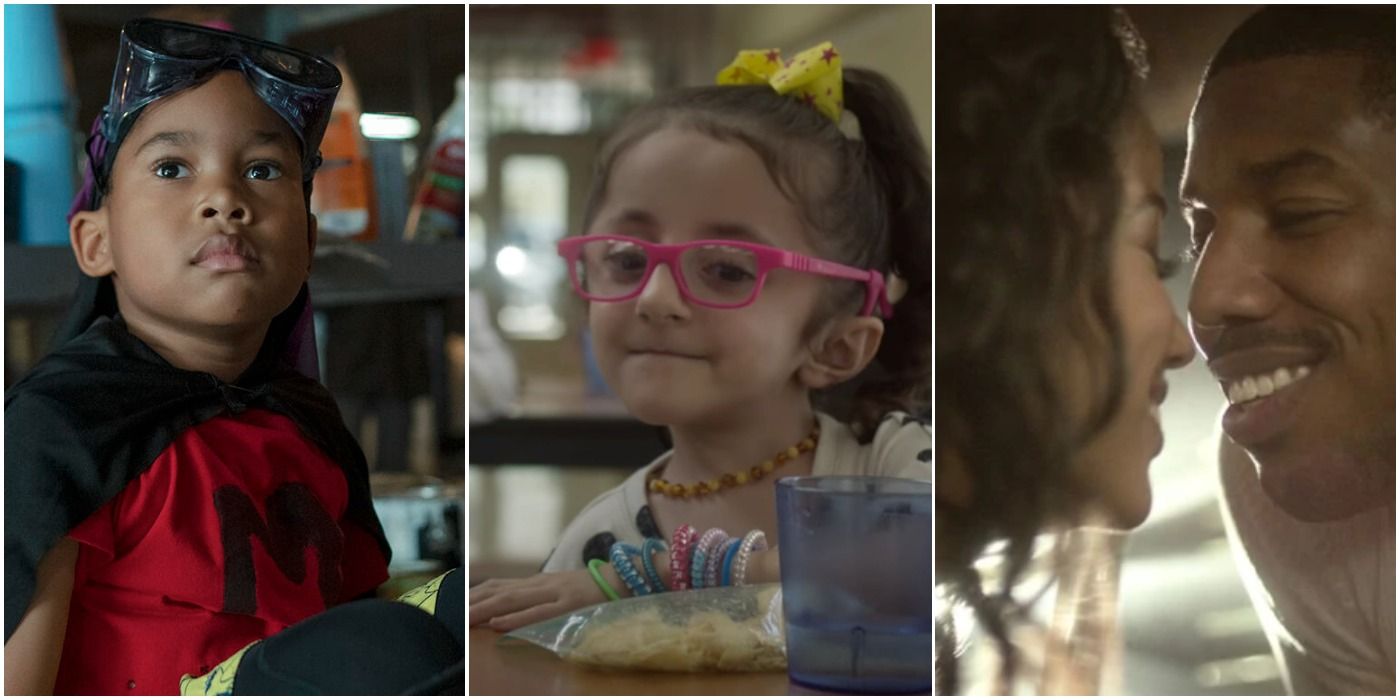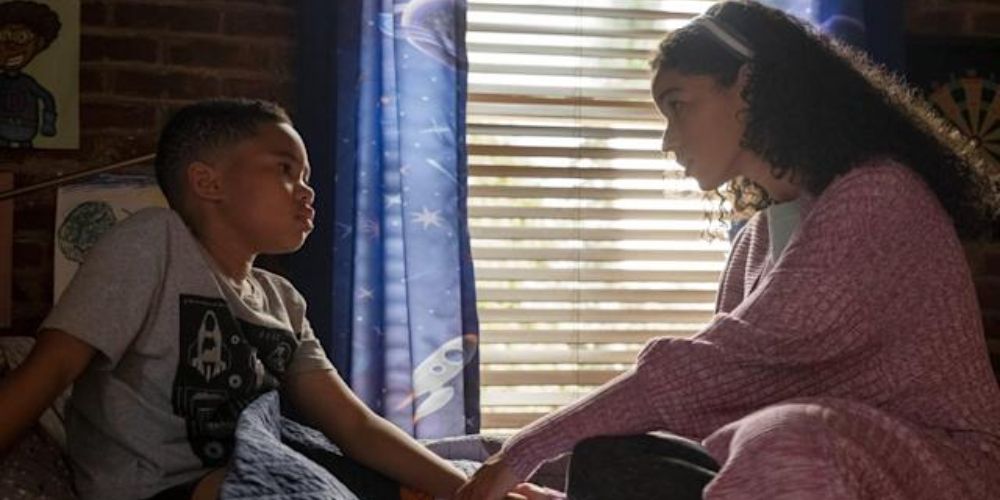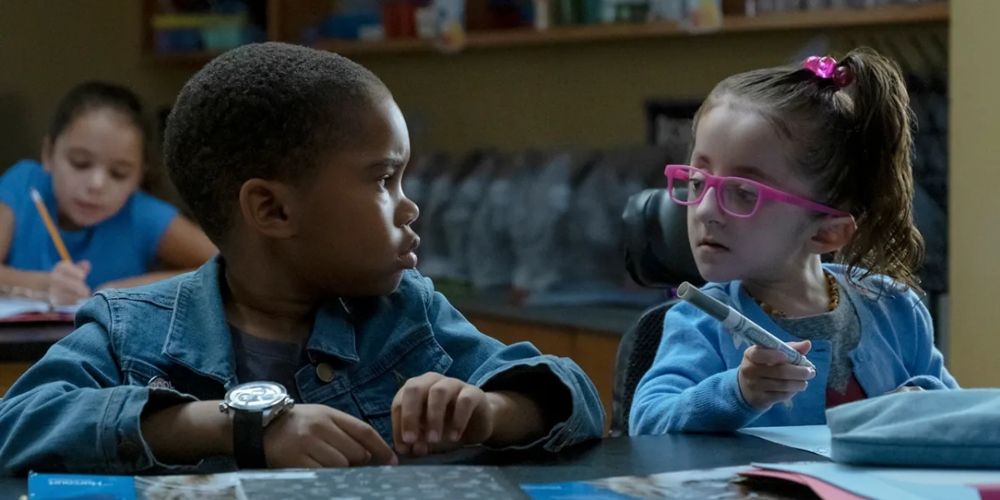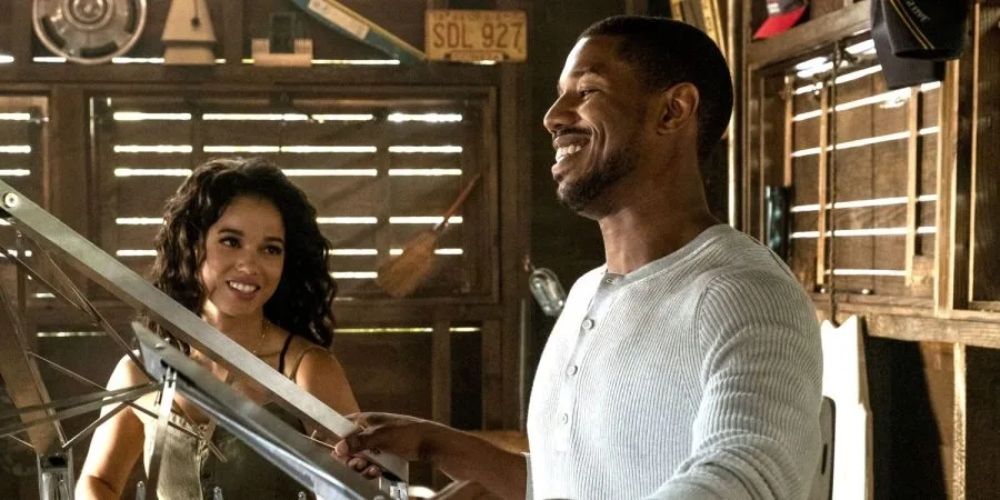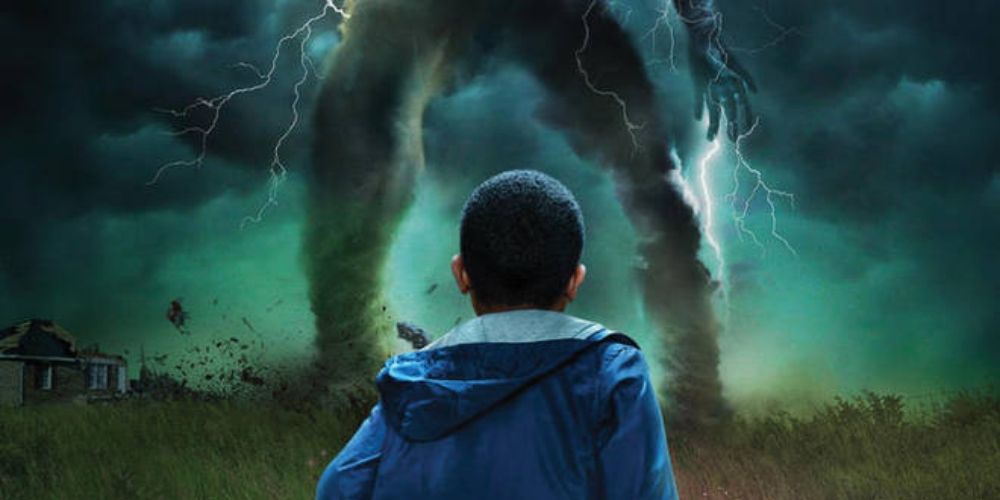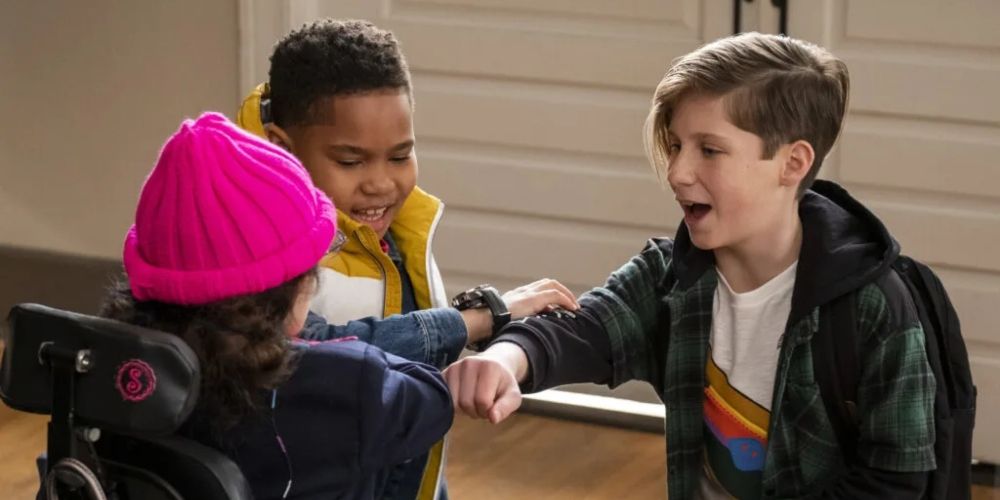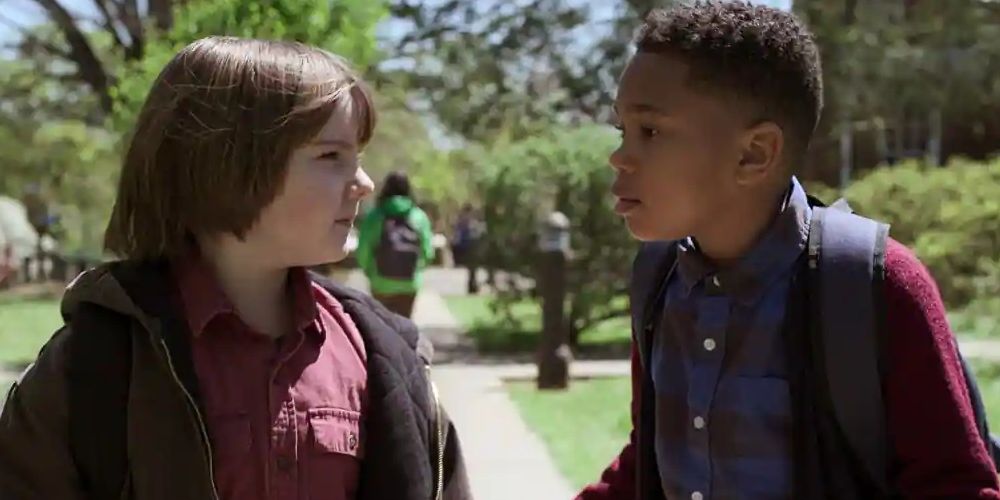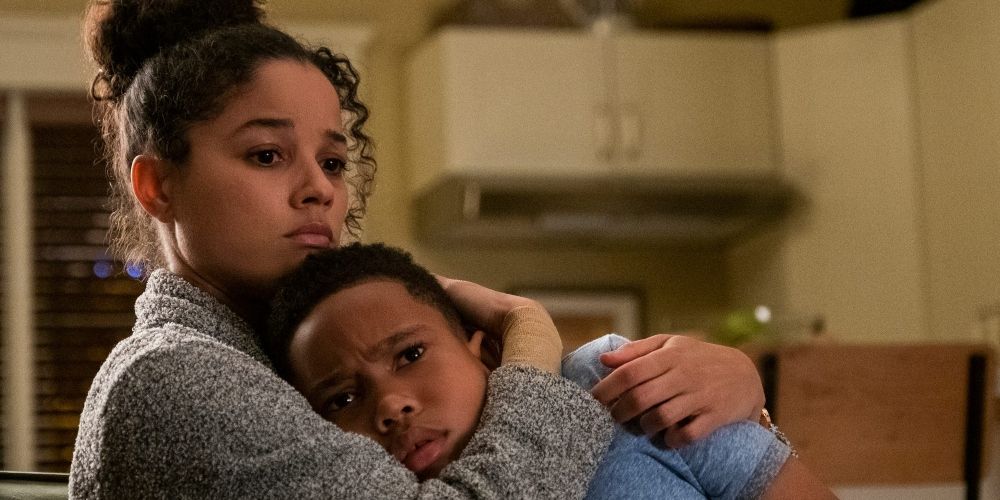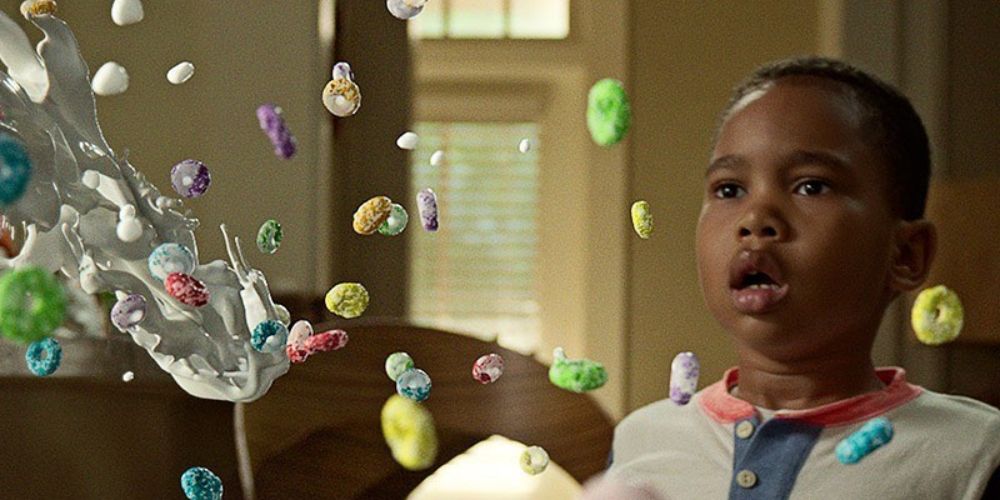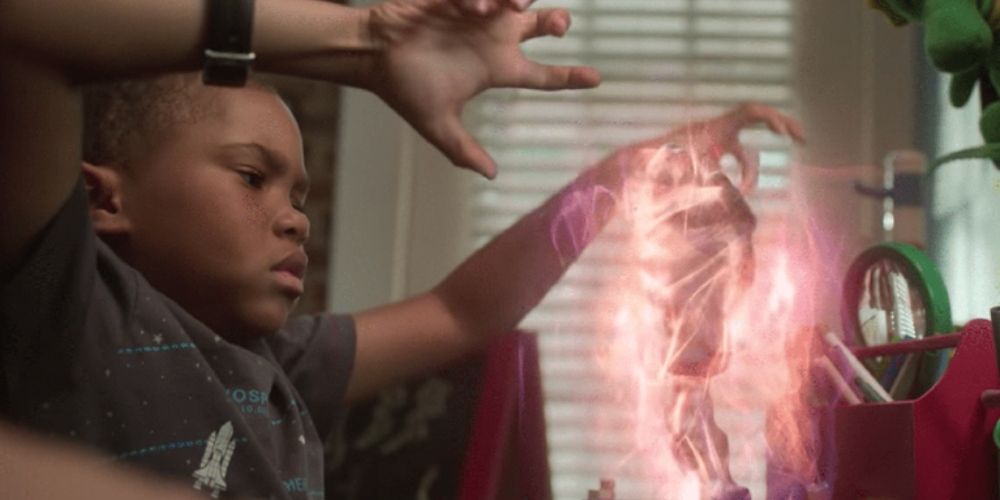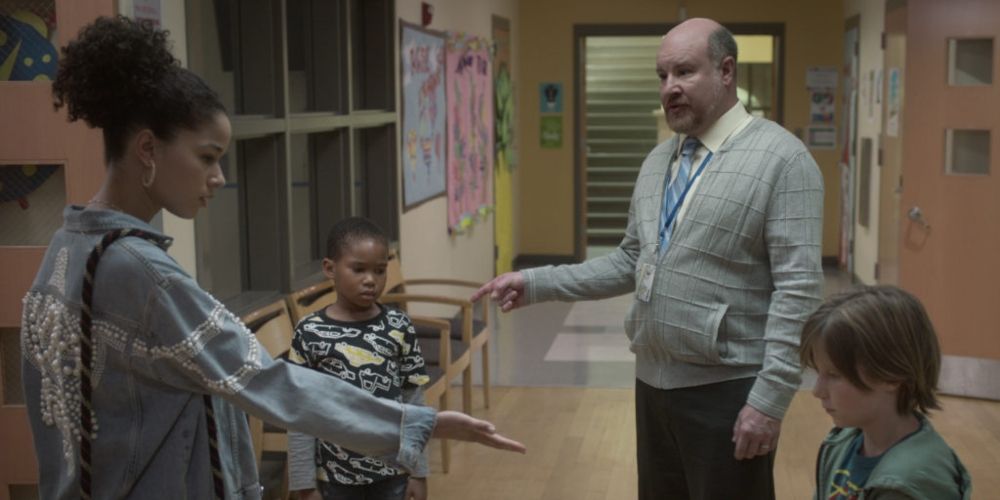There is no shortage of superhero-related media available to consume. Whether a fan wants to watch films, television shows, or animated offerings, audiences can choose beloved favorites from DC Comics, Marvel Comics, or independent creators. With such a great variety available, audiences may hesitate to take a chance on a new superhero story. But Netflix's Raising Dion offers a fresh take on what it means to be a superhero, and open-minded audiences will quickly find the series to be a worthy addition to their superhero favorites.
Revolving around the title character of Dion Warren and his mother, Nicole, the show does what many superhero stories have attempted to do before it: tell a realistic story in the modern day. Unlike many other attempts, Raising Dion's characters, rich backstories, and realistic emotions make the fictional journey a successful one.
10 Raising Dion Looks At Superhero Life Through The Perspective Of The Hero's Mom
One of the chief ways that Raising Dion distinguishes itself from other superhero media is the fact that it focuses on the superhero's mother. While characters such as Aunt May and Martha Kent have always been important in superhero comic stories, their struggles and challenges have always been secondary and supplementary to the main hero's journey.
In Raising Dion, Nicole Warren takes a center stage. The audience sees her struggles and triumphs, and the toll of Dion's powers on her life and career. The show truly revolves around Nicole's life as much as it does Dion's life.
9 Esperanza Allows For Authentic Disability Representation
Superhero stories and disability representation have a rocky history. While both Marvel's Professor X and DC's Oracle have been characters fans could look up to, recent trends in comics have removed both of their disabilities. Moreover, in Oracle's case, the removal of Barbara Gordon's disability has been portrayed as something that allows her to be happier and more fulfilled than she was while in a wheelchair.
In stark contrast, Esperanza in Raising Dion is Dion's best friend with brittle bone disease. This disease requires her to be in a wheelchair. Esperanza is a very smart kid, and Dion absolutely needs her help, both as a hero and as a friend. In one very important scene, Dion apologizes for trying to use his powers to "heal" her, recognizing that she was never broken in the first place.
8 Nicole Is Given An Empowering Love Story And The Right To Move On
Nicole loves Dion's father very much. Mark Warren encourages her to follow her dreams and has every desire to raise their child together. When he is the victim of a gruesome murder, that fairytale love ends dramatically for her, and much of Raising Dion is focused on Nicole's juggling of her grief and her love for her son.
The show allows the audience to believe that Nicole and Mark are a couple who would have lived the rest of their lives together. But it simultaneously allows Nicole the right to move on; the story is about moving past Mark's death, in her work life, as a mother, and in her love life.
7 Season One Delivers One Of The Most Relatable Villains
Mentioning the villain of season one by name would be a significant spoiler. Every well-written villain makes the superhero story a more interesting one, and that is definitely the case with Raising Dion's first season. The villain has plans on a grand scheme that could rival Lex Luthor or Obadiah Stane. But what makes him truly formidable is his ability to easily make himself part of Nicole and Dion's everyday life.
Another factor in the villain being so well-written is how relatable he is for the audience. Female viewers especially are able to recognize certain behaviors he displays towards Nicole, so his eventual reveal as the villain is a very satisfying one.
6 The Dialogue And Actions Of The Kids Are Believable
Writing believable dialogue and actions for kids is not just a problem for superhero shows. Hollywood in general sometimes has children using dialogue that is better suited for adults. Superhero comics have an even worse record, considering that they are prone to putting eight-year-olds in spandex to fight crime.
Fortunately, Raising Dion is able to avoid these problems. Dion and Esperanza talk like seven to nine-year-olds should. Their problems may involve fighting supervillains, but it also involves the dinosaur birthday cake no longer being the cool one.
5 Season Two's Villain Offers An Alternative To Dion's Good Nature
Some of the best supervillains serve as a reflection of the type of person the hero could have been if circumstances in the hero's life had been different. In the first season of Raising Dion, the audience is introduced to the character of Brayden Mills, a child with the power of telepathy. Like Dion, Brayden has his powers due to his father being altered during the Aurora Event.
Unlike Dion, Brayden's supportive family is killed by The Crooked Energy, and the child is left with an abusive aunt who tells him his powers are evil. Under this environment, the Crooked Energy is able to take the child over, influencing the child to do increasingly evil acts.
4 The Show Has Characters With Believable Emotional Journeys
Part of the overall plot of Raising Dion involves acknowledging that the superhero journey is not an easy one. The sudden manifestation of superpowers into an already busy life simply increases the number of problems that Nicole, Dion, and other similarly affected families must handle.
The show does not shy away from showing the emotional toll that the superpowers cause. Initially, Nicole's concern for her son makes her wish the powers could go away, which is in complete contrast to the seven-year-old's opinion. Nicole's sister absolutely does not believe that Dion has powers until she is confronted with them, and keeping them a secret causes additional stress. The emotional journeys in Raising Dion are allowed to be complex.
3 The Hero Has A Learning Curve
With some superhero stories, the protagonist develops powers and suddenly they are able to use them flawlessly. This is not the case in Raising Dion. The main character has the ability to manipulate ions, which results in a variety of superpowers such as telekinesis, teleportation, invisibility, healing, and pyrokinesis. Unlike other superhero origins, the story does not allow Dion to master these abilities right away.
In fact, one of the main plot points of season one has Dion training under a teacher in order to learn how to use his powers. The teacher reveals that she had difficulty mastering her powers, and flashbacks reveal that Dion's father also had problems learning how to master his powers.
2 Geek Culture Is Embraced
The protagonists of Raising Dion embrace geek culture in a loving manner. Both Mark Warren's best friend and Dion love comic books, and Dion easily relates to the superhero stories that are found within the comics once he begins to get his powers.
In season two, Brayden and Dion's relationship and roles in the story are defined through a conversation they have about Star Wars. Brayden loves the Sith, while Dion prefers the Jedi. While other shows may mention geek culture in a mocking way, Raising Dion always does so out of respect, and it is always to further the overall story.
1 The Show Addresses Anti-Black Racism And Depicts Black Culture Positively
In Season 1, Nicole has to explain to Dion that his powers can be perceived as a threat by people who already do not trust him because he is Black. The conversation is painful for both Dion and for Nicole and addresses the differences in how society might treat a Black Superman versus a white farm boy from Kansas.
The show also positively portrays Black culture through the support that Dion and Nicole receive in Atlanta. Black dancers, doctors, and teachers form Dion and Nicole's support network. In season two, Nicole and Dion also take on a teacher role to other Black kid heroes like Dion.

